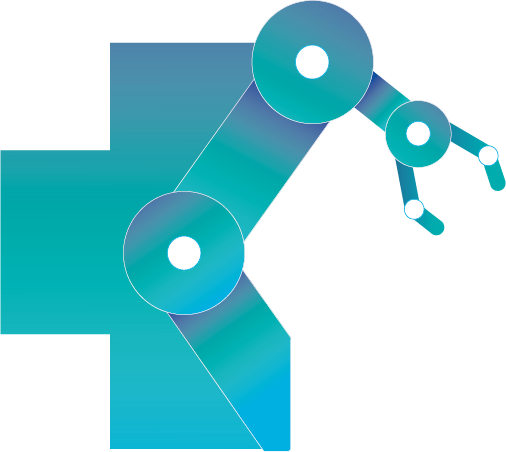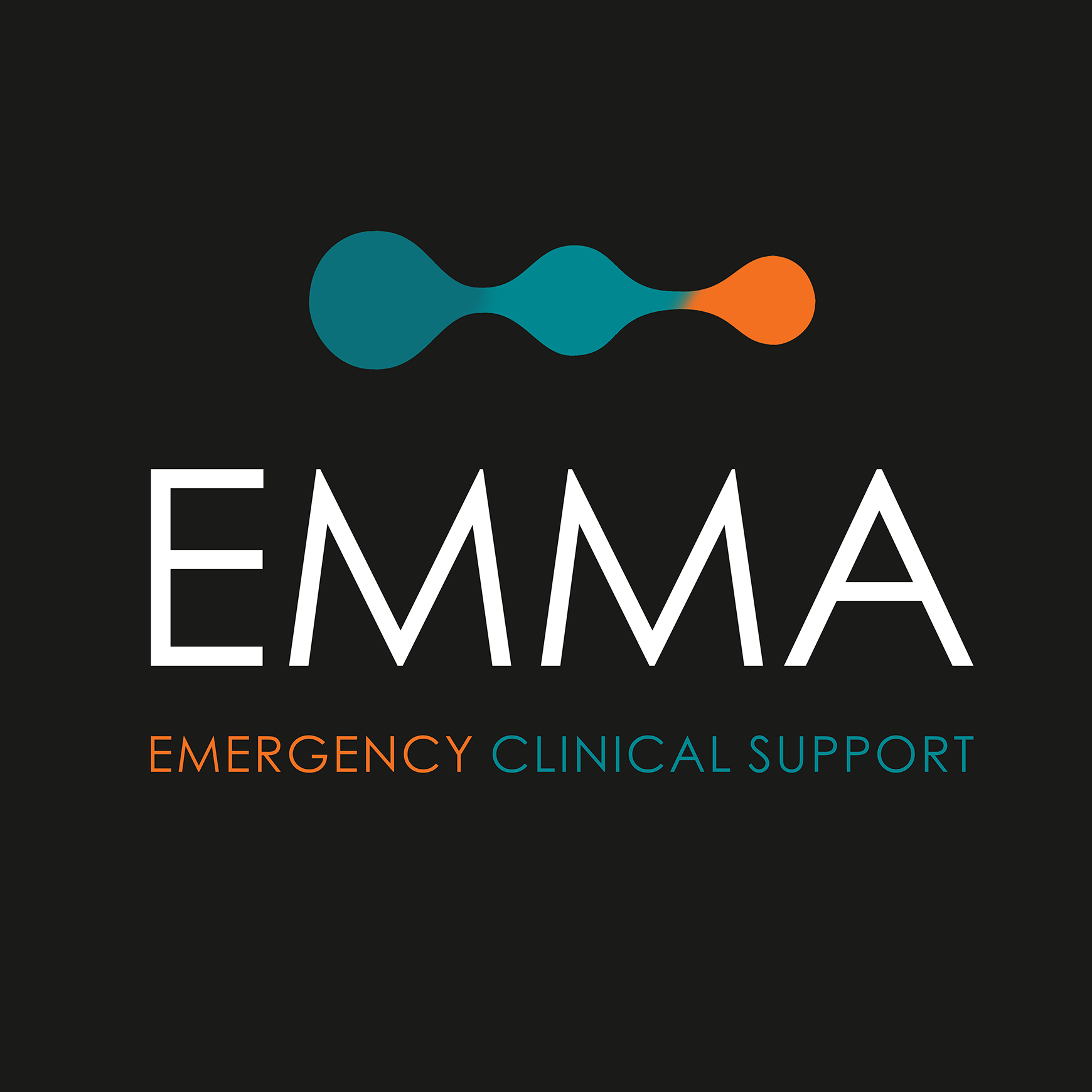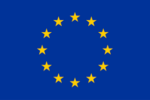Project
| Project acronym | EMMA |
| Public project title | EMMA – Emergency Clinical Support |
| A one-line project description | EMMA minimizes physicians burnout on Emergency Departments by providing optimized patients’ triage and monitor. |
| Project description | A major issue, identified in the healthcare systems today, is the overcrowding of the Emergency Department (ED). A phenomenon which was amplified during the Covid-19 pandemic, and is directly responsible for patient harm and health system dysfunction. Our solution introduces a Clinical Decision Support System, which aims to tackle this problem. Vidavo has developed a wearable device, EMMA, enabling real-time recording of blood oxygen saturation, respiration and heart rate and body temperature, utilizing the advantages of edge computing, ensuring data privacy, security while minimizing latency. Combined with Vidavo’s Vida24© web and mobile applications, which are CE class II.a certified chronic disease management solution, EMMA assists ED personnel to triage incoming patients more effectively. It creates a probabilistic framework to inform clinicians on the prediction estimates (in the form of probabilities) of a patient to need hospitalization and to be admitted in the ICU, creating a critical stratification of patients, a support algorithm that, simply put, saves lives. In addition, the system estimates the duration of hospitalization needed per patient (based on patients’ demographics if available, using ML algorithms), which allows for more efficient hospital resource management. EMMA mobile application is used by the Healthcare personnel to register and monitor patients’ medical condition or connect with hospital’s EHR systems, whereas the web application offers insights and statistics about patients’ medical data and analytics regarding patients’ waiting time, hospitalizations, and ICU admissions. Lastly, EMMA offers 3 levels of integration, so it can be easily integrated to HosmartAI common open Integration Platform, adding value to the HosmartAI project. |
| Project’s website | |
| Project’s social media accounts |
Video: Interview EMMA
Team members
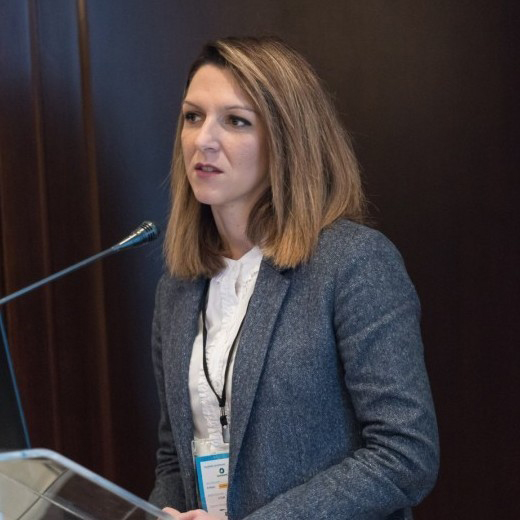 | Athanasia Karanasiou Athanasia Karanasiou is a Computer Scientist whose main development area is m-health both at application and backend systems. |
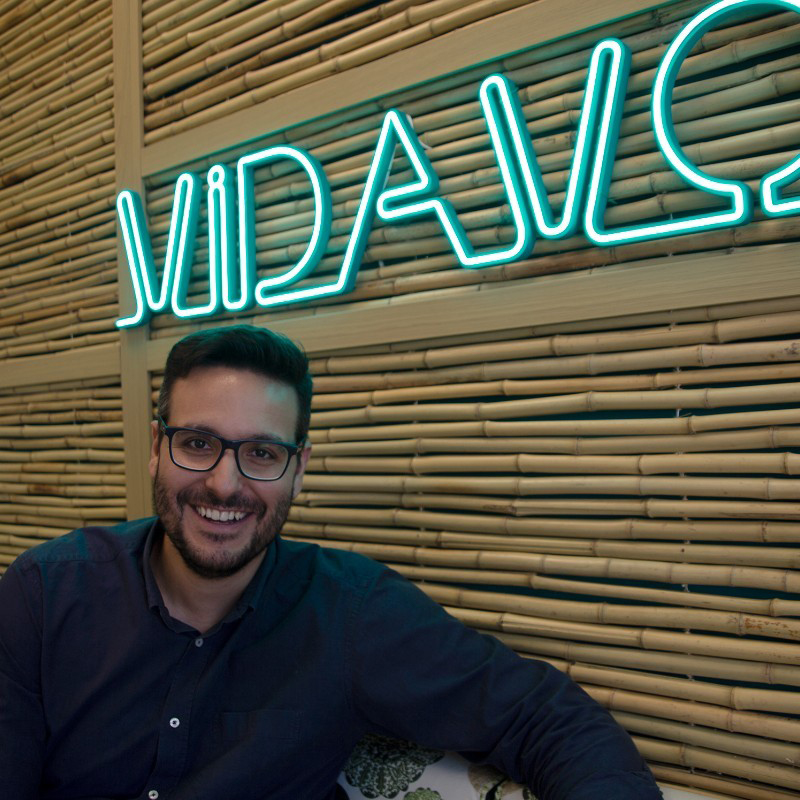 | Alexis Fourlis Alexis Fourlis is an Informatics and Telecommunications Engineer, Research Scholar at SCU, Santa Clara, CA specializing in microelectronics and embedded systems. Having 8 years of work experience in several projects as an embedded systems engineer, designing electronic circuits and developing firmware. |
 | Panagiotis Pavlatos Panagiotis Pavlatos is a graduate of the Department of Mathematics of the School of Sciences of the National and Kapodistrian University of Athens and of the Postgraduate Program in Informatics at the University of Sheffield in Great Britain as well as of the Postgraduate Program in Advanced Computer Science, software for Android smartphones from the same University. |
Entity
| Name | VIDAVO S.A. |
| Country | GREECE |
| Description | Vidavo offers certified, scientifically proven, large scale tested, evidence based, market validated, operating in different business settings connected care solutions. Vidavo SA has been active in the field of technology since 2002. It has 20 years of experience and expertise in the field of telemedicine, 4 approved patents for technological systems and applications, and 15 international and national awards. A purely Greek company with a global presence on three continents, with strong research activities, digital health projects and by managing the longest running telemedicine project in Europe (Vodafone Foundation Telemedicine Programme), has shaped a range of smart solutions. It is the only platform in Greece and one of the few in Europe which has a special Class IIa certification as a medical technology product. Also provides a proprietary secure teleconferencing platform, while end-to-end encryption ensures reliable and secure transfer and management of personal data in full compliance with the General Data Protection Regulation (GDPR). |
